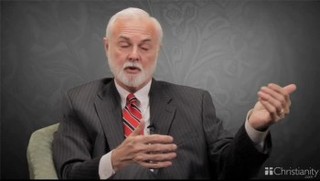- Recent Translations
- All Translations
Marcos 1:35-45
Share
Settings
Marcos 1:35-45 Meaning and Commentary
INTRODUCTION TO MARK
This is the title of the book, the subject of which is the Gospel; a joyful account of the ministry, miracles, actions, and sufferings of Christ: the writer of it was not one of the twelve apostles, but an evangelist; the same with John Mark, or John, whose surname was Mark: John was his Hebrew name, and Mark his Gentile name, Ac 12:12,25, and was Barnabas's sister's son, Col 4:10, his mother's name was Mary, Ac 12:12. The Apostle Peter calls him his son, 1Pe 5:13, if he is the same; and he is thought to have wrote his Gospel from him {a}, and by his order, and which was afterwards examined and approved by him {b} it is said to have been wrote originally in Latin, or in the Roman tongue: so say the Arabic and Persic versions at the beginning of it, and the Syriac version says the same at the end: but of this there is no evidence, any more, nor so much, as of Matthew's writing his Gospel in Hebrew. The old Latin copy of this, is a version from the Greek; it is most likely that it was originally written in Greek, as the rest of the New Testament.
{a} Papias apud Euseb. Hist. l. 3. c. 39. Tertull. adv. Marcion. l. 4. c. 5. {b} Hieron. Catalog. Script. Eccles. p. 91. sect. 18.



